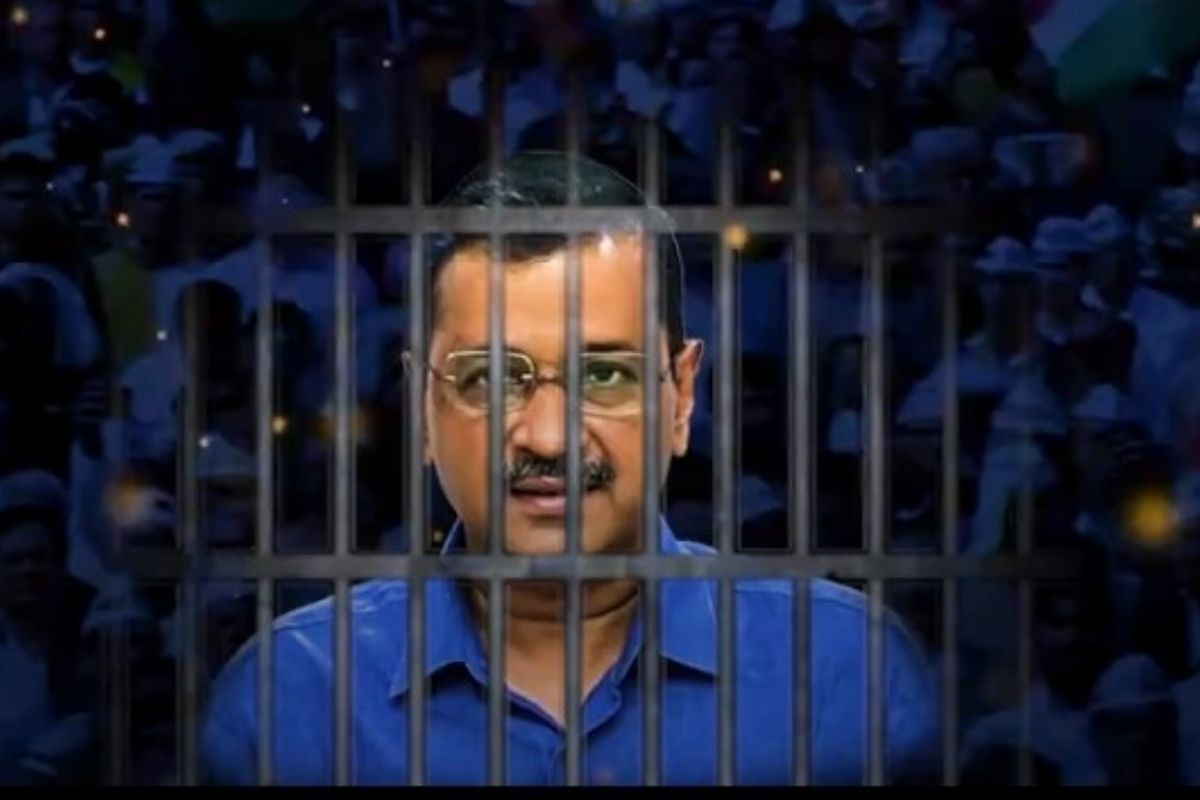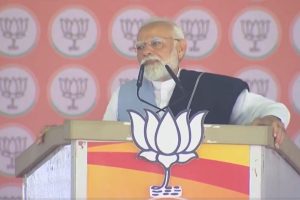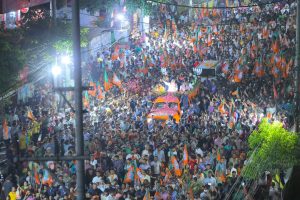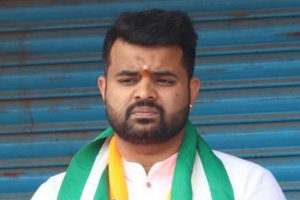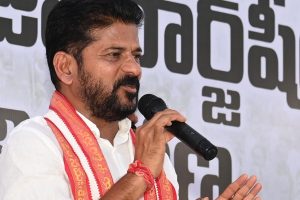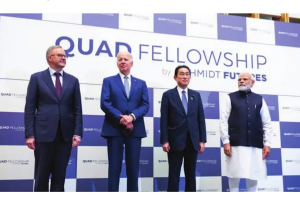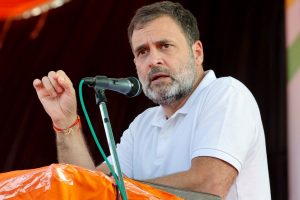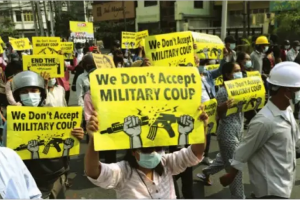Delhi’s Rouse Avenue Court on Monday extended Delhi chief minister Arvind Kejriwal’s judicial custody till April 23 in the money laundering case relating to the alleged excise policy irregularities.
Kejriwal was produced before Special judge Kaveri Baweja through video conferencing on the expiry of his judicial custody today.
The court also noted that judicial custody of BRS leader K Kavitha, who is the co-accused in the case, is also ending on April 23.
Kejriwal, who is also the national convener of the Aam Aadmi Party, was arrested by the Enforcement Directorate (ED) in connection with the case on March 21 after he skipped repeated summons.
The ED has claimed that the Delhi CM was involved in the alleged excise policy scam in a dual role and received kickbacks to the tune of Rs 100 crore. The money was allegedly used in the party’s election campaign in Goa.
Earlier today, the Supreme Court sought Enforcement Directorate’s response on Arvind Kejriwal’s plea challenging his March 21 arrest and subsequent custody in a money laundering case linked to the alleged irregularities in the formulation and implementation of the now-scrapped Delhi excise policy.
A bench of Justices Sanjiv Khanna and Dipankar Datta issued notice to the ED seeking its response on Kejriwal’s plea by April 24 and posted the matter for next hearing on April 29.
Kejriwal moved the top court after the Delhi High Court had dismissed his plea against arrest and subsequent ED custody in the case on April 9. The high court upheld his arrest, saying the probe agency’s action was justified after he skipped repeated summons.
Kejriwal’s Aam Aadmi Party has accused the ED of working on directions from the ruling BJP, alleging his arrest under stringent Prevention of Money Laundering Act, “biggest political conspiracy” to stop him from campaigning in the Lok Sabha elections.

